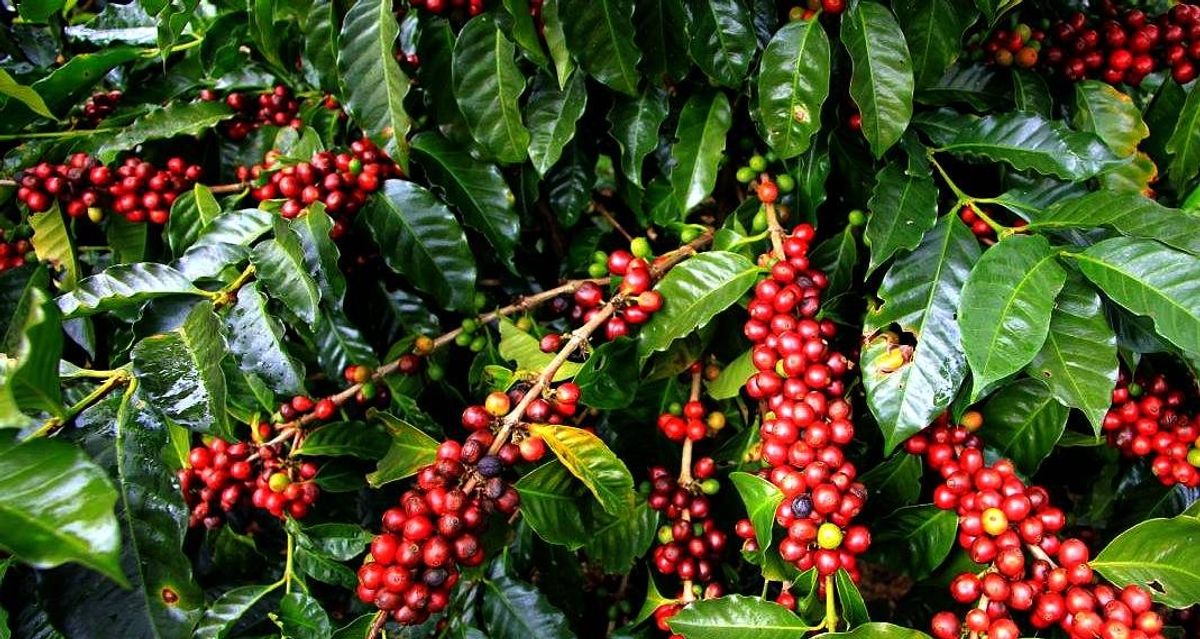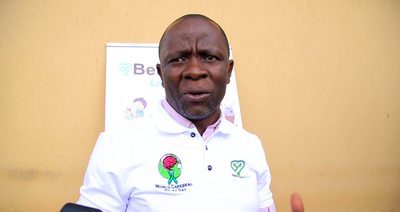
Agriculture
Why Uganda’s Coffee Industry Is Poised to Weather EU Deforestation Rules Without Major Disruption
The Ugandan government has reassured stakeholders in the coffee value chain that the European Union Deforestation Regulation (EUDR), set to take effect on December 30, 2025, will not significantly disrupt the country’s coffee exports. The EU regulation, aimed at curbing deforestation and promoting sustainable production, sets strict guidelines requiring that all agricultural commodities entering the EU must not be linked to environmental destruction.
While the EUDR targets multiple commodities, including beef, cocoa, palm oil, rubber, soy, and wood, Uganda’s primary concern is coffee, which accounts for 65 per cent of the nation’s exports to the EU. The regulation requires that all coffee producers exporting to the EU be registered in a traceability system with detailed farm and farmer data captured in the national database.
The Ministry of Agriculture, Animal Industry and Fisheries has been proactively putting systems in place to ensure compliance. Assistant Commissioner Keimusya Rauben confirmed that as of now, 1.5 million farmers have been registered, and the government aims to capture all 2.5 to 2.8 million coffee farmers by October 15, 2025. By this date, all eligible farmers will receive traceability numbers and due diligence certificates, enabling exporters to meet EUDR requirements well ahead of the December deadline.
Speaking at a multi-stakeholder dialogue organised by SEATINI Uganda in partnership with the Department of Coffee Development, Keimusya emphasised that Uganda is leading most of Africa in compliance with the EU regulations, despite being classified as a “Standard Risk Country” by the EU earlier this year. This classification, while requiring full due diligence on all coffee farms, does not imply poor performance by Uganda but rather mandates careful monitoring to meet EU standards.
Despite government assurances, concerns remain at the grassroots level. Many smallholder farmers, who contribute significantly to the coffee output, report insufficient information and guidance about registration. Patrick Nayum Akab, a farmer in Mbale, highlighted that the abolition of the Uganda Coffee Development Authority (UCDA) last financial year has left a gap in farmer engagement. “Farmer registration under EUDR in some coffee-growing areas lacks clear communication and sensitisation,” he said, warning that enforcement actions could come before farmers are fully prepared.
Jane Nalunga, Executive Director of SEATINI-Uganda, also expressed concern that the readiness process heavily focuses on large-scale farmers, while smallholders — who produce a substantial share of Uganda’s coffee — require urgent attention. She stressed that exporters begin sourcing coffee for the December period as early as September, making early compliance essential.
Keimusya reassured that the functions previously performed by UCDA now fall under the Department of Coffee Development, and all former staff have been retained to ensure continuity of support to farmers.
The Ministry of Trade, Industry and Cooperatives also highlighted the importance of developing local and continental coffee markets to complement exports to the EU. Acting Assistant Commissioner Georgina Nampeera Mugerwa noted that African markets offer dynamic opportunities and that coordinated efforts at the regional and national levels are vital for competitiveness.
She added that trade facilitation initiatives, such as simplified customs procedures and the electronic single window platform, are helping ease coffee exports, a key consideration for landlocked Uganda.
Under the EUDR, countries are classified based on their risk of deforestation: high, standard, or low. Only four countries — Belarus, North Korea, Myanmar, and Russia — are high-risk, facing the strictest compliance checks. Uganda, as a standard-risk country, is required to conduct full due diligence, submit due diligence statements, and ensure that coffee farms are traceable, but only 3 per cent of standard-risk exports will be randomly checked by EU authorities.
Low-risk countries, including Kenya, Rwanda, and Burundi in Africa, face simplified due diligence and minimal EU inspections. This system ensures that while Uganda must comply fully with documentation and traceability, the likelihood of massive disruption to exports is low if compliance measures are effectively implemented.
With less than four months until the December 30 EUDR deadline, the government is racing to ensure that all farmers are registered, and exporters are ready with due diligence certificates by mid-October. The combination of structured registration, traceability systems, and government-led sensitisation efforts aims to prevent any negative impact on Uganda’s coffee industry.
As Keimusya emphasised, “This should not cause worry for Ugandans… Uganda is leading most of Africa in compliance.” The focus remains on enabling both large-scale and smallholder farmers to participate in EU markets confidently, while also exploring alternative local and continental markets to diversify trade opportunities.
Uganda’s proactive approach suggests that, despite the regulatory pressures, the country’s coffee industry is well-positioned to meet EUDR standards without jeopardising its critical export revenue or the livelihoods of millions of farmers across the nation.














Roswell Mbabazi
Leave a Comment
Your email address will not be published.